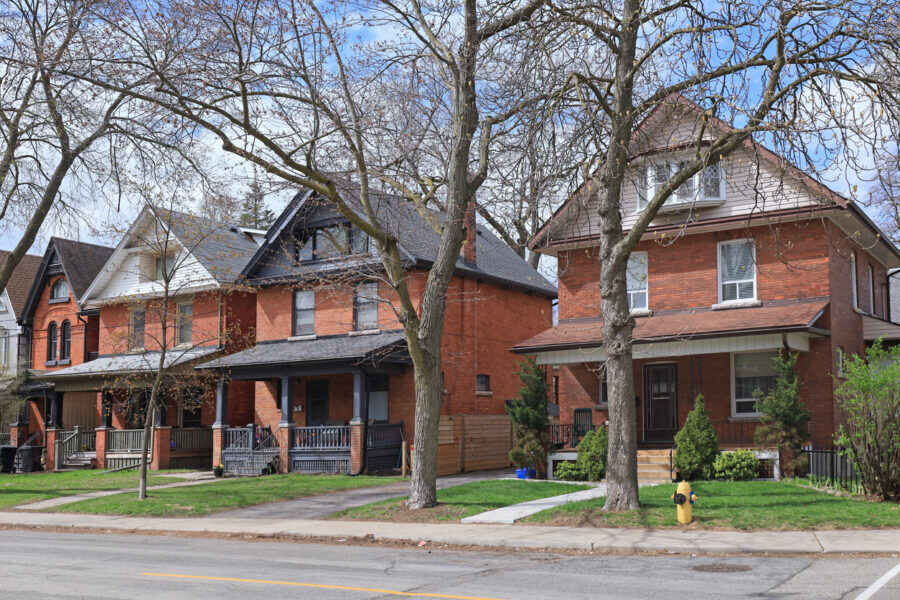
Community Land Trusts
Fact SheetHealthy and Affordable HousingMechanisms for Advancing Health EquitySafe, stable housing can contribute to improvements in mental and physical health, civic engagement, social skills, educational and professional achievement, and can decrease use of emergency services. When housing is affordable, it can prevent stunted growth in children and decrease hospitalizations. Unfortunately, safe and stable housing via ownership is not attainable for everyone. The number of people in the U.S. experiencing homelessness has been increasing steadily for the past several years. A system of “shared ownership” called a community land trust especially in areas facing rapid economic change and appreciating land values. This fact sheet offers a comparison of Community Land Trusts and traditional homeownership.











